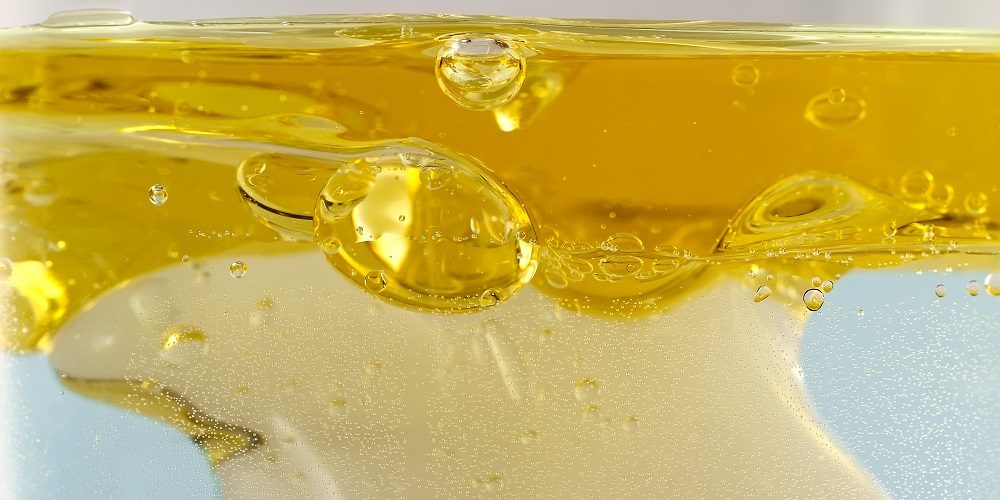Responsible for lubricating and ensuring the movement of equipment and machinery parts, hydraulic oil (also called fluid) is considered essential in industry, agriculture, transportation, civil construction, mining and other productive sectors.
Watch a video about water in oil produced by our ALS Brazil partners:
Water in Oil
As we have already mentioned in other articles, it is not an exaggeration to compare the bloodstream when talking about human beings, to the role that oils and fluids play in a machine.
In addition to lubricating, another function of hydraulic oil is to give strength to important parts of the system, being essential for daily work, such as on production lines or moving equipment and tools.
However, just as it is extremely important for the correct functioning of the equipment, the fluid can be harmful when it has some type of contamination, such as the presence of water in the hydraulic oil.
Water in hydraulic oil
Water in hydraulic oil is more common than you think and, according to industry professionals, it is impossible to avoid. It should be noted that the gradual increase, accompanied by the lack of maintenance, can pose serious problems, such as:
-
Stopped machines;
-
Slow performance;
-
Low productivity;
-
Difficulty of operation;
-
Increased maintenance expenses;
-
Need for spare parts;
-
Accelerated wear of equipment;
Experts explain that the presence of water in the hydraulic oil occurs in 3 ways: dissolved, free and emulsified.
* Dissolved water: in this phase the water is uniformly dissolved in the oil, which has a shiny and clean appearance;
* Free water: it is when the water is separated from the oil, as in the bottom of a reservoir
* Emulsified water: occurs when the hydraulic oil is saturated, being unable to absorb the dissolved water. The oil starts to become cloudy and dark, being considered the most dangerous stage for the hydraulic system;
How water contamination in hydraulic oil occurs
Water contamination in hydraulic oil usually occurs when assembling a component, storing or transporting new oil. Also during maintenance, during machine operation, due to atmospheric humidity, or also due to internal chemical reactions, such as condensation.
Contamination of water in the hydraulic oil can also occur during work, especially on machines and equipment with failures in the seals, which allows the humidity of the environments to pass into the system.
It is important to evaluate the environment in which the machine is working, if there is a lot of water or moisture in the place, the hydraulic tank vent can draw in the humid air and contaminate the system.
Although it is impossible to avoid the presence of water in the hydraulic oil, it is possible to take some precautions. The main thing is to guarantee a constant evaluation, as well as the monitoring of hydraulic oil through analysis of oil and fluids.
It is worth mentioning that nowadays there are modern and efficient methods of oil treatment, which guarantee the extension of the useful life of machines and equipment, as well as avoiding physical and financial losses. Among the main methods is microfiltration.
Download a free material on oil microfiltration.
Understand the benefits of microfiltration
One of the most modern and current systems to eliminate the presence of water in hydraulic oil is microfiltration. The process is capable of removing residues that are not eliminated by the traditional filtration system.
In addition, microfiltration also removes the presence of solid microparticles, which also contaminate the oil. Among the main advantages of microfiltration are:
- Increased machine life;
- Risk prevention;
- Parts wear control;
- Performance improvement;
- Less environmental impact;
Learn more about more control of water contamination in hydraulic oil, talk to a specialist in Filtration and Microfiltration.




